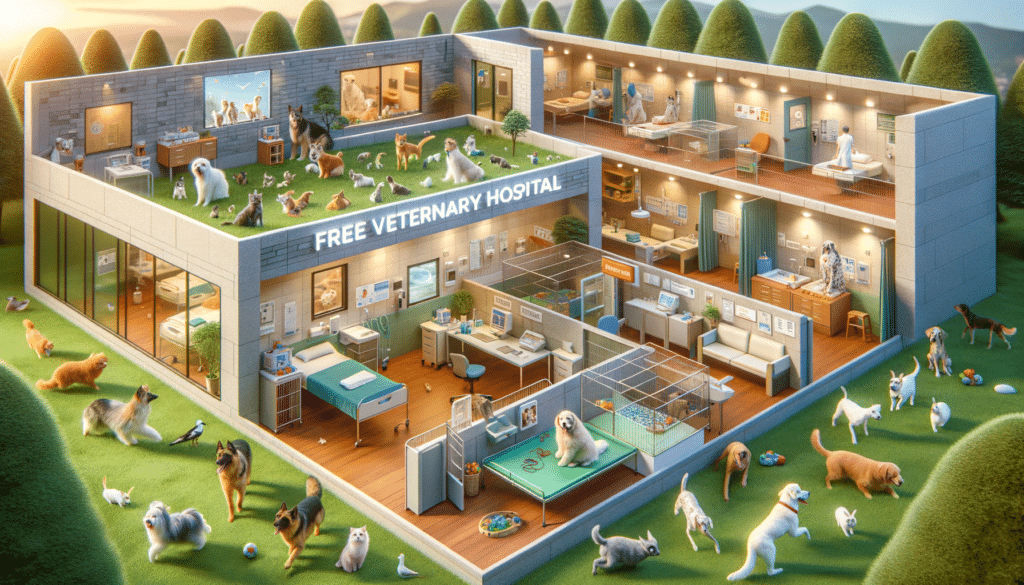The Importance of Free Veterinary Hospitals
Free veterinary hospitals serve as a crucial component of community health and welfare by providing essential services to pet owners who may not have the financial means to afford traditional veterinary care. These facilities ensure that all animals, regardless of their owners’ economic status, receive necessary medical attention. In doing so, they not only promote animal welfare but also safeguard public health by controlling the spread of zoonotic diseases. The existence of such hospitals underscores the societal commitment to humane treatment and care for all living beings, reflecting a community’s values and priorities.
Services Offered by Free Veterinary Hospitals
Free veterinary hospitals typically offer a wide range of services designed to address the most common health needs of pets. These services often include routine check-ups, vaccinations, spaying and neutering, dental care, and emergency medical treatments. By providing these services at no cost, these hospitals help prevent the onset of more severe health issues that could arise from untreated conditions. Additionally, they often run educational programs to inform pet owners about responsible pet care, further enhancing the well-being of animals and their human companions.
Key services include:
- Routine health examinations and preventative care
- Vaccination programs to prevent common diseases
- Surgical procedures, including spaying and neutering
- Emergency and critical care services
- Owner education and pet care workshops
Impact on Communities
The presence of free veterinary hospitals has a profound impact on communities. They act as a safety net for pet owners facing financial difficulties, ensuring that no animal suffers due to economic constraints. This accessibility helps maintain a healthier pet population, reducing the incidence of stray animals and potential public health risks associated with untreated animal diseases. Moreover, these hospitals often collaborate with local governments and animal welfare organizations, amplifying their impact through coordinated efforts and resource sharing.
Challenges Faced by Free Veterinary Hospitals
Despite their significant contributions, free veterinary hospitals face numerous challenges. Funding is a perennial issue, as these facilities rely heavily on donations, grants, and volunteer support to operate. Limited resources can restrict the range of services offered and the number of animals that can be treated. Additionally, the demand for free veterinary services often exceeds supply, leading to long waiting times for appointments. Addressing these challenges requires innovative solutions, such as forming partnerships with private veterinary practices and increasing community engagement and awareness.
The Future of Free Veterinary Care
The future of free veterinary hospitals looks promising, as more communities recognize their value and work towards sustainable models of operation. Innovations in telemedicine and mobile veterinary clinics are expanding access to care, particularly in underserved or remote areas. Furthermore, increased awareness and advocacy for animal welfare continue to drive support for these essential services. As society evolves, the role of free veterinary hospitals will likely grow, further integrating into the fabric of community health and well-being.





